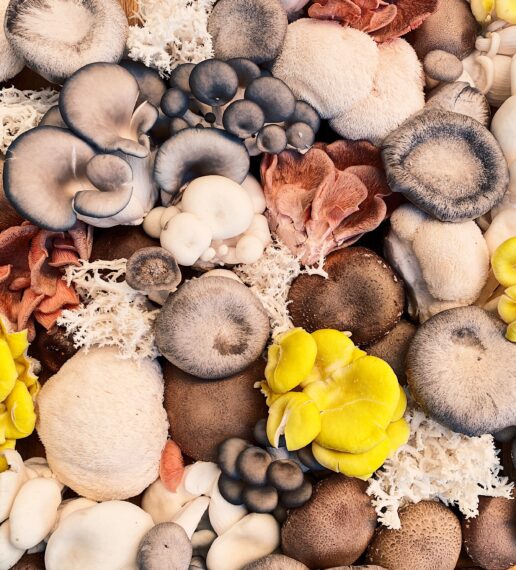Helpful or Harmful? The Truth About Aloe Vera Juice
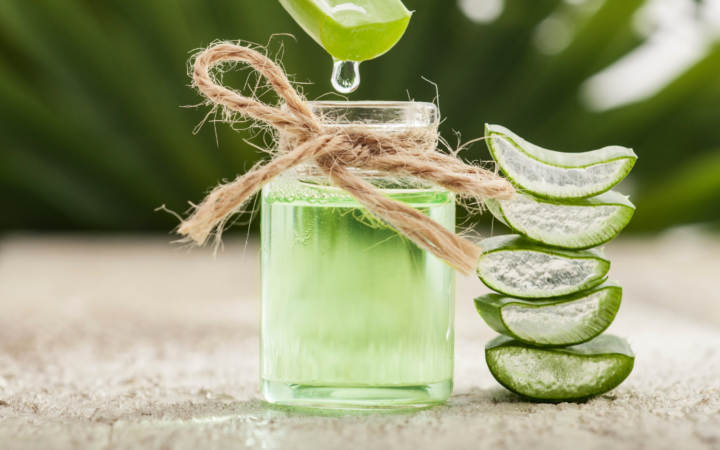
If there’s one plant known around the world for its healing properties, it’s aloe vera.
Whether you’ve had sunburn, frostnip, or some other skin irritation, chances are you’ve used aloe as a soothing salve. But more than just a topical treatment for burns, cuts, or other skin conditions, aloe is loaded with potential health benefits that you can get by drinking its juice … as long as you know how to shop for it.
Read on to learn more about the aloe vera plant so you can decide if imbibing this beloved “lily of the desert” is right for you.
What Is Aloe Vera
Derived from the Arabic word “Alloeh” (“shining bitter substance”) and the Latin word “vera” (“true”), aloe vera is a succulent plant that grows in tropical climates around the world. Although there are at least 420 different species of aloe plants, aloe vera specifically refers to the aloe barbadensis miller plant.
Like other succulents, the aloe vera plant has thick, fleshy leaves that retain water and allow it to tolerate drought. (No wonder it makes such a popular low-maintenance house plant!)
Each leaf is composed of three layers:
Outer Layer: Called the rind, this is the sturdy, thorny surface of the aloe plant that serves as a protective barrier and is not consumed.
Middle Layer: This layer of the aloe vera leaf is found underneath the rind and houses the bitter-tasting yellow sap known as aloe latex or aloin. This sticky substance contains anthraquinones, which are compounds that have a laxative effect.
Inner Layer: This is where you’ll find the clear, fleshy, and flavorless aloe vera gel. Although it’s 99% water content, it’s also brimming with bioactive compounds—75 to be exact—including vitamins, minerals, amino acids, enzymes, salicylic acids, antioxidants, and polysaccharides. (1)
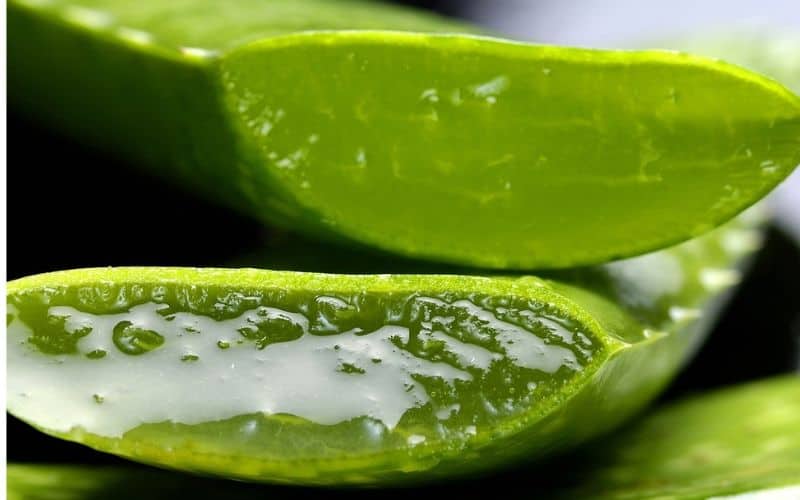
Aloe Vera Juice VS. Aloe Vera Gel
Because of their different textures, aloe juice and aloe gel are usually used in different ways. Aloe vera juice has a watery consistency, so it’s often consumed as a drink either by itself, mixed in smoothies, or paired with juice for added flavor.
Meanwhile, aloe vera gel is used externally because of its soothing jelly-like texture.
Both forms of aloe vera are popular ingredients in everything from skincare and hair products to cosmetics, shaving creams, and sunburn ointments. Many health food stores also sell individual leaves that you can break open yourself and scoop out the contents. Just make sure you do not consume the yellowish sap, which has the aloin.
If you do, it can cause diarrhea, severe stomach pain, and potentially more serious adverse effects. (2)
Is Aloe Vera Juice Safe To Drink?
Drinking aloe vera juice is generally considered safe, but only if you follow certain guidelines. For starters, you should only drink decolorized aloe vera juice. Decolorized means it has been purified to reduce aloin and other anthraquinone levels.
In 2010, a two-year study conducted by the National Toxicology Program found that orally ingesting non-decolorized, whole-leaf aloe vera extract (which contains aloin) caused cancer in rats. (3)
That probably sounds scary enough to swear off aloe juice altogether, but it’s important to note that a 2013 study on rats showed that decolorized whole-leaf aloe vera (without aloin) showed no adverse effects after three months. (4)
What to Look For in Aloe Vera Juice
Since aloin seems to be the key factor in whether or not aloe vera juice is safe to drink, it’s crucial to drink aloe vera juice that does not contain this substance.
Unfortunately, manufacturers are not required to label aloin concentrations in aloe vera products, so consult your doctor first and only buy from reputable brands.
When shopping for aloe vera juice, look for the following on the label:
- Decolorized
- Certified organic
- At least 99% pure aloe vera
- No preservatives
- No added color, sugars, fragrance, or alcohol
Nutrition of Aloe Vera Juice
- Aloe vera contains vitamins A, C, and E, which are full of antioxidants, as well as vitamin B12 and folic acid.
- Aloe provides 20 of the 22 non-essential amino acids and 7 of the 8 essential amino acids, which are the building blocks of protein.
- Aloe has 8 enzymes, which are necessary to help break down sugars and fats and to keep your digestive system working properly. (5)
- Minerals found in aloe include calcium, magnesium, zinc, chromium, selenium, iron, potassium, copper, and manganese.
- Aloe has fatty acids that offer anti-inflammatory, antiseptic, and pain-relieving properties.
- Hormones in aloe called auxins and gibberellins help with wound healing and have anti-inflammatory properties. (6, 7)
- Aloe contains salicylic acid, which is a common acne-fighting ingredient known for its anti-inflammatory and antibacterial effects.
Health Benefits of Aloe Vera Juice
While more research is needed to better define the pros and cons of aloe vera juice, there is growing scientific evidence that shows the potential benefits of drinking aloe vera juice. Below are just a few.
Improved Digestion
There have been multiple studies that suggest aloe vera juice helps the digestive system. A 2018 analysis and review found that aloe vera is safe and effective for the treatment of patients with irritable bowel syndrome compared to placebo. (8) Another study done on rats with gastrointestinal disorders found that aloe vera juice significantly lowered gastric acid levels and further demonstrated the gut-brain connection. (9)
Clear Skin
Because aloe is loaded with water and nutrients, it’s extremely hydrating and can help keep skin clear. Studies show that aloe can also help a large variety of skin issues including sunburn, dermatitis, acne, frostbite, cold sores, wound healing, inflammation, and psoriasis. (10)
What’s more, the compounds in aloe vera have also been shown to reduce premature aging from the sun’s UV rays. Just keep in mind that aloe is not a sunblock, but rather a skin-repairing agent for fine lines and wrinkles. (11)
Healthy Hair
Aloe’s high concentration of vitamins, minerals, and nourishing properties make it a popular ingredient for maintaining strong and healthy hair. Studies show that antioxidants, such as those found in aloe vera, fight oxidative stress that causes hair to age—aka gray, brittle strands or hair loss. (12)
Aloe vera is also antibacterial and ultra-hydrating, so it is commonly used to treat dandruff and dry, itchy scalp.
Stronger Immune System
Research suggests that chronic inflammation weakens the immune system and maybe the underlying cause for many diseases. (13)
Given that aloe vera is loaded with anti-inflammatory properties and immune-stimulating enzymes, drinking aloe vera juice could be an effective way to maintain overall health. Studies show aloe’s anti-inflammatory effects on irritable bowel syndrome, (14) irritable bowel disease, (15) liver function, (16) and oral health, just to name a few. (17)
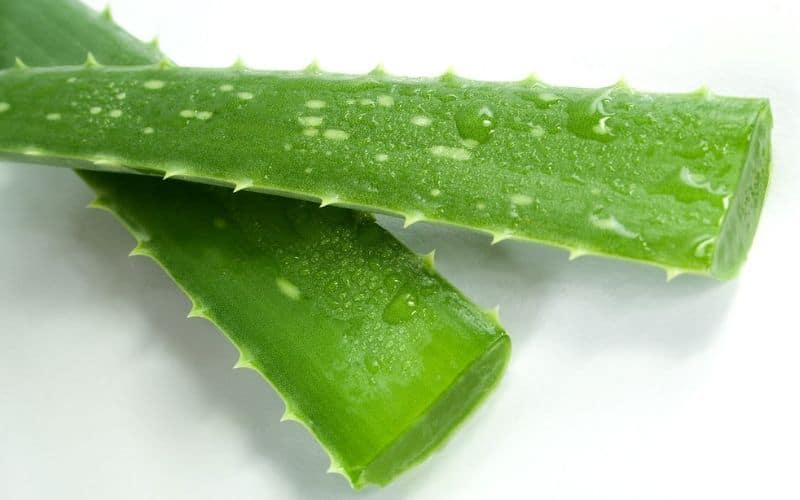
Side Effects of Aloe Vera
While there are numerous benefits of aloe vera juice, you should also be aware of the following potential side effects that could result from drinking aloe vera juice.
Laxative Effect
If you consume aloe that contains aloin (anthraquinone), you could end up with diarrhea. While small amounts of aloe vera juice can help combat constipation and improve digestion, pure aloe vera juice in large quantities can cause diarrhea, stomach cramps, dehydration, and electrolyte imbalances. Make sure you only drink aloe vera juice that has been decolorized (purified) to reduce aloin levels.
Drug Interactions
If you are on any prescribed medications, it’s imperative that you talk to your physician before taking any aloe vera juice. Certain medications can interact badly with the active ingredients in aloe vera juice, particularly those with enzymes CYP3A4 and CYP2D6. (19) Aloe can also have a possible interaction with sevoflurane by inhibiting blood clotting and causing excessive bleeding during surgery. (20)
Diabetes
If you have type 2 diabetes and are considering taking aloe vera juice, talk to your doctor first. While the use of aloe vera for pre-diabetic patients can be beneficial in reducing blood sugar levels and overall lipid profile (21), it can be dangerous for those who are already taking glucose-lowering medication.
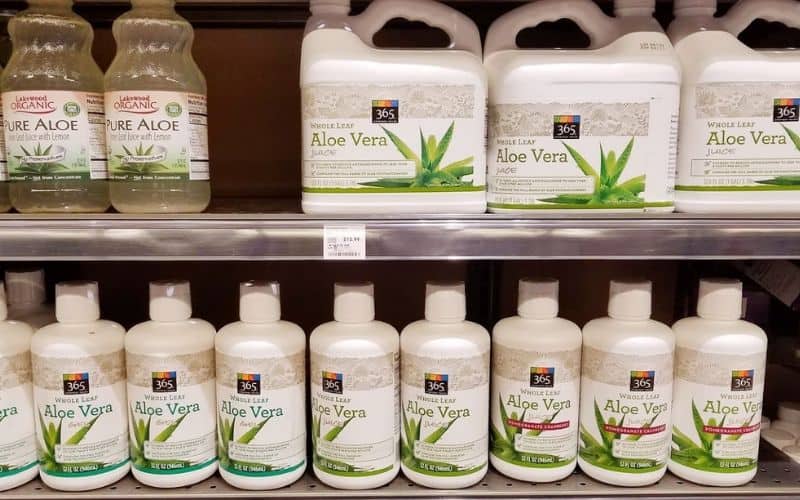
You Decide
The use of aloe vera spans thousands of years, treating a multitude of ailments from sunburn to acne to constipation. Today, that tradition continues with people drinking aloe vera juice as a way to improve health from the inside out.
While there is still insufficient research on the effects of aloe vera juice on humans, the good news is that for most people, this ancient succulent can be enjoyed as part of an overall healthy lifestyle. The key is to get informed, talk to your doctor, and know what precautions to take before you start sipping away.
